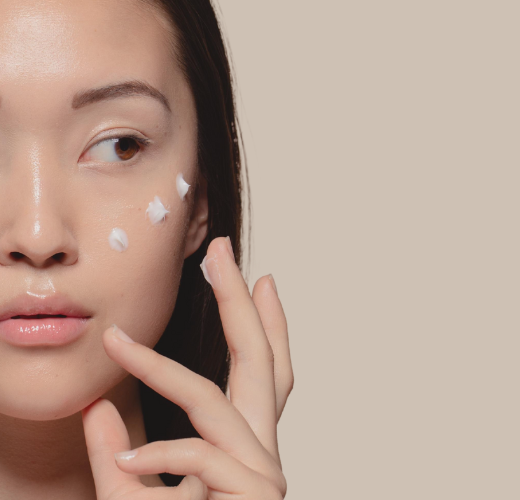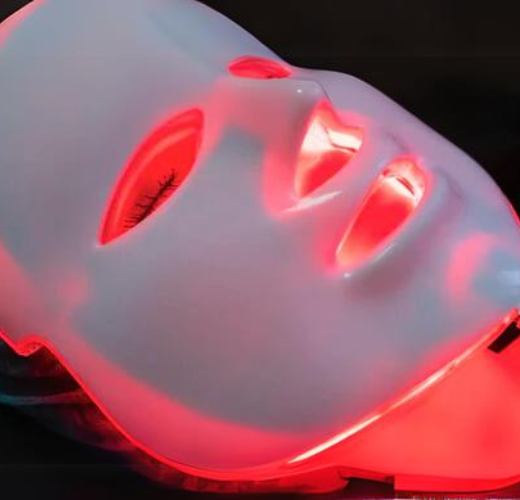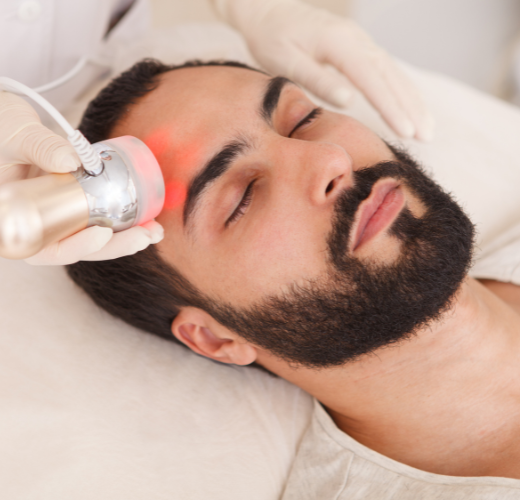Are You Doing Your Skincare Wrong?

Understanding the Power of Your Skin's Circadian Rhythm
Just like plants and living organisms, our bodies have an internal clock, a master regulator of genes and biological processes. Yet, what many may not realize is that our skin possesses its own circadian clock, orchestrating gene expression and metabolic activities throughout the day.
Our skin's internal timekeeper, regulated by the hypothalamus's suprachiasmatic nucleus (SCN) in the brain, operates independently of external stimuli. This clock communicates with cells throughout the body, including skin cells, to regulate various skin functions.
Skin cells' clocks manage essential activities like transepidermal water loss, keratinocyte proliferation, skin blood flow, and temperature regulation. However, beyond merely telling time, this intricate system optimizes our skin's functions, influencing cell regeneration, repair processes, and protection against environmental stressors. It also plays a crucial role in regulating the skin immune system and microbiome.
Understanding our skin's circadian rhythm is pivotal in crafting an effective skincare routine. Aligning our regimen with this rhythm can significantly enhance skincare product efficacy and treatments.
During the day, our skin focuses on defense, protecting against UV damage and pollution. Conversely, at night, it concentrates on repair and regeneration.
Importance of Circadian Skincare:
- Daytime Skincare: Sebaceous glands are more active midday, so opt for oil control products if you have oily skin. Use light moisturizers as transepidermal water loss is lower during the day. Apply sunscreen diligently to limit sun exposure.
- Evening Skincare: Cleanse thoroughly to remove environmental impurities. Apply a thicker moisturizer as transepidermal water loss is higher at night. Consider using peptides, growth factors, or topical retinoids to benefit from increased cell turnover. Tailor your skincare routine for specific skin conditions such as acne, eczema, or psoriasis.
Tips for Syncing with Your Skin's Clock:
- Maintain a consistent sleep schedule to optimize your skin's circadian rhythm.
- Reduce exposure to blue light from screens before bedtime for better sleep quality.
- Ensure you get 7-9 hours of sleep each night; inadequate sleep can compromise skin barrier function and accelerate signs of aging.
Incorporating antioxidants in your morning routine and specific treatments at night can maximize your skin's circadian rhythm, aiding in achieving healthier and more radiant skin.
Remember, our skin has its own internal clock, and aligning your skincare routine with it can lead to a more effective and beneficial outcome for your skin health and appearance.
Thank you for reading and don't forget to check out my YT Video on Skin Clock: Where Beauty & Biology Meet for a deeper understanding and if you have additional questions about your specific skincare routine enroll in my Skincare Bootcamp Program for more insights on skincare and barrier health.
Remember, Radiant Skin is a Lifestyle!


